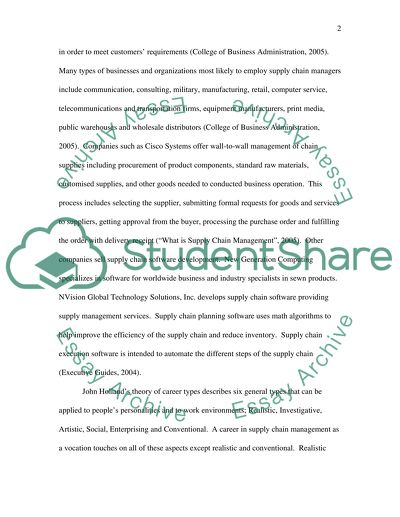Cite this document
(“Career Development Essay Example | Topics and Well Written Essays - 3000 words”, n.d.)
Retrieved from https://studentshare.org/miscellaneous/1535777-career-development
Retrieved from https://studentshare.org/miscellaneous/1535777-career-development
(Career Development Essay Example | Topics and Well Written Essays - 3000 Words)
https://studentshare.org/miscellaneous/1535777-career-development.
https://studentshare.org/miscellaneous/1535777-career-development.
“Career Development Essay Example | Topics and Well Written Essays - 3000 Words”, n.d. https://studentshare.org/miscellaneous/1535777-career-development.


